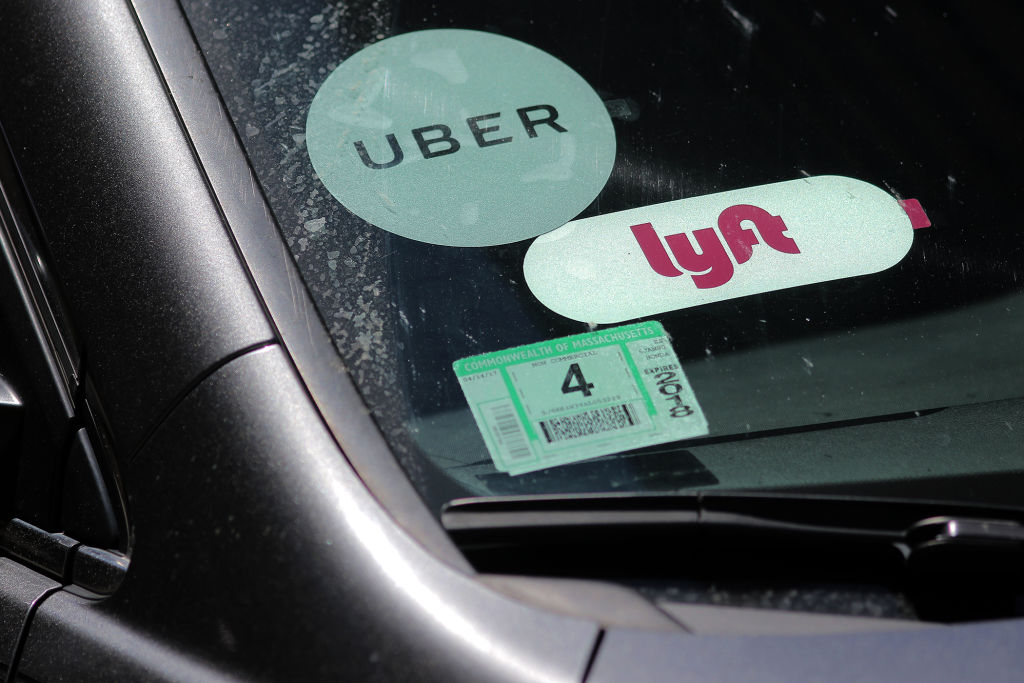Companies like Uber, Lyft and Instacart have been hugely successful. Uber, which tells employees they can “make their own schedule,” is the most valuable start-up in the U.S., reportedly worth $72 billion. Lyft, meanwhile, allows workers to “Be your own boss,” and is valued at $11 billion. Instacart, a grocery delivery startup, is valued at just over $4 billion, according to Vanity Fair. But in recent months, multiple lawsuits have highlighted an alarming by-product of the gig economy: A class of workers who aren’t protected by labor laws or eligible for benefits provided to the rest of the nation’s workforce.
In July, a report commissioned by the New York City Taxi and Limousine Commission revealed that 85 percent of New York City’s Uber, Lyft, Juno, and Via drivers earn less than $17.22 an hour. Eve Wagner, an attorney who specializes in employment litigation, told Wired, “The number of employment lawsuits is going to explode.”
Silicon Valley engineers are now grappling with the question: What have we done? Software engineers have changed the nature of work in general, but not always for the better, writes Vanity Fair.
Thanks for reading InsideHook. Sign up for our daily newsletter and be in the know.


















